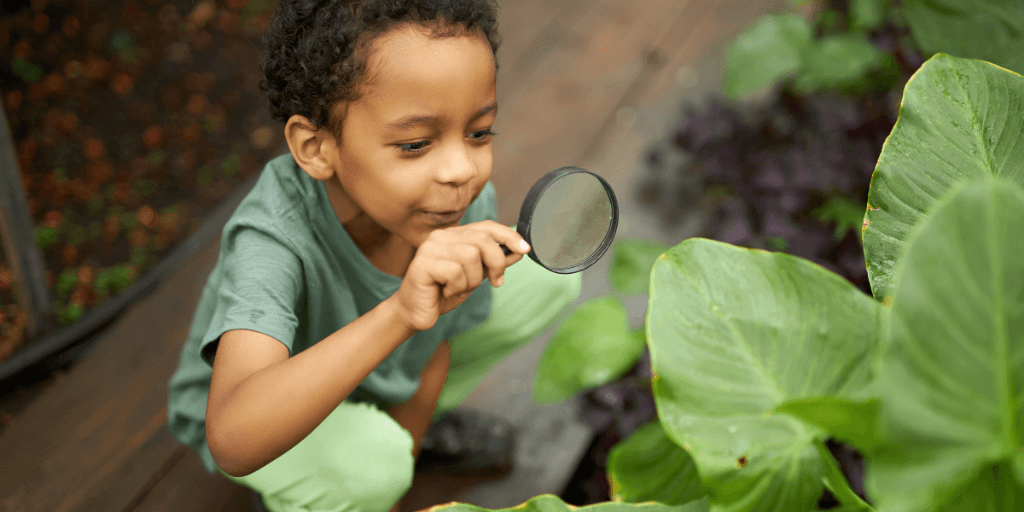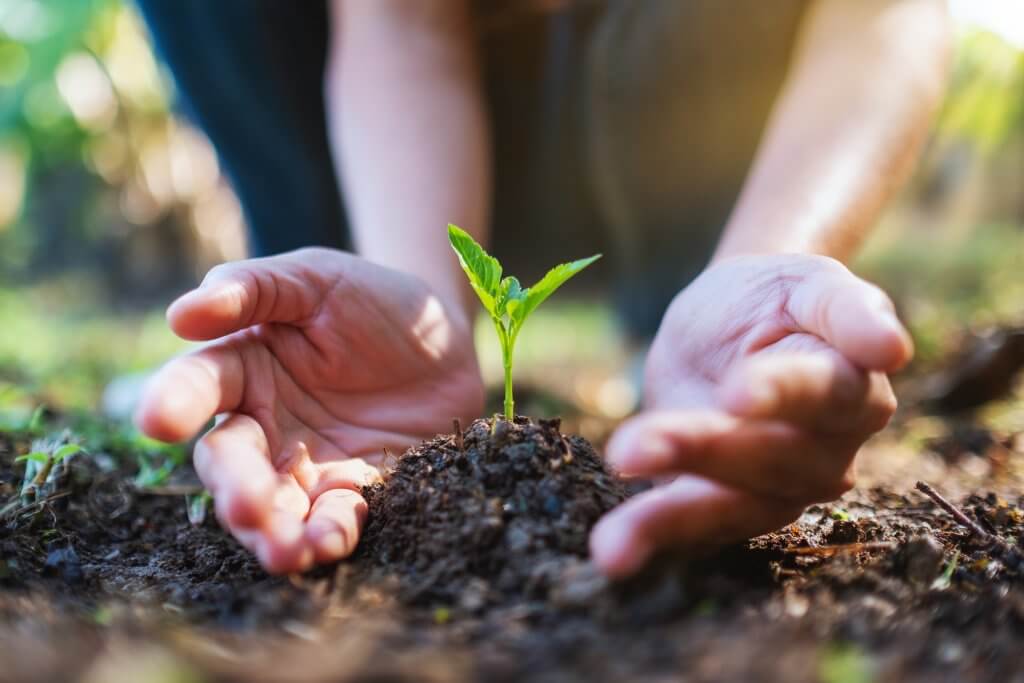
The Garden
‘The Garden’ blog article was written by Matthew Harvey, Allison Chambers and Rebecca Simon, Therapeutic Specialists in the Therapeutic Services Canberra team, at the Australian Childhood Foundation.
The other day I had someone ask me what a Therapeutic Specialist does in Residential Care?
I tried to explain but decided it might be easier to show them. I said, “Before we get lost in technical language, let’s imagine taking a little stroll through a beautiful garden.”
There are plants growing everywhere, from tulips and roses to turmeric and snow peas. All plants need the right soil, the right amount of sunlight, the right type of care and location, the right amount of water and so on. Some plants have more complex needs than others and need to be cared for with a greater degree of sensitivity and planning. The more the garden is tailored towards the needs of the respective plants, the better chance the plants have of growing into the best version of themselves.
Who looks after this wonderful garden?
A garden of such importance takes the skills and knowledge of a dedicated team. And each person in that team has a role to play.
Everyone (or the people within the Care Team for the child) has a different set of skills and strengths, which, when applied as a team, produce the best results. No one person can do the job of another, and each role is incredibly important.
The job of the Therapeutic Specialist is to spread their knowledge to each of the ‘gardeners’, so they can develop their skills and create an environment in which the plants can flourish. In this way, a Therapeutic Specialist is kind of a landscape designer. We work to help the gardeners provide the highest level of care to the garden. This could be supporting them, providing a bit of advice, or deeply listening to the flowers and plants to find out together what they need.

Inspirational speaker Alexander Den Heijen said, “when a flower doesn’t bloom, you fix the environment in which it grows, not the flower.” How does a Therapeutic Specialist work with the team of gardeners to fix the environment? Sometimes this means advocating for the young person to get extra support. Making sure they are heard, their views and wishes are valued, or by helping others to support them and so forth. Sometimes it means challenging other people’s understanding and providing therapeutic rationale for decisions. For instance, imagine a plant that is not thriving in its current environment. Its leaves droop, it doesn’t flower or grow well. One gardener says, “there must be something wrong with the plant.” Another says, “it’s the weather, and we can’t do anything about that.” The Therapeutic Specialist may say, “Let’s consider whether the soil is appropriate, whether it’s receiving enough water or if some fertiliser would be useful.” The Therapeutic Specialist encourages the team around a child to be curious, to look deeper and ask what has happened, rather than what is wrong with the child.
What does the garden teach us?
For children to thrive within the Residential Care system, they require the team around them to show empathy, kindness, persistence, and a team to be curious about elements of the environment that may create barriers to their development and overall wellbeing. By sharing our collective knowledge and skills, we aim to build strong relationships with the children in our care and form collaborative Care Teams that are able to create a sense of safety, trust, and shared understanding.
When we have such teams, the garden can withstand storms, droughts or floods and regenerate with new hope and vigour.
Interested in learning more about our Therapeutic Services?
At its core, our therapeutic services have retained the fundamental principle that informed and intentional relationships are the primary means through which children and young people’s abuse and violence related trauma is addressed. Our national therapeutic services support children and young people who live with their family or are living in foster care, kinship care or residential care. Click here to learn more about our Therapeutic Services.
